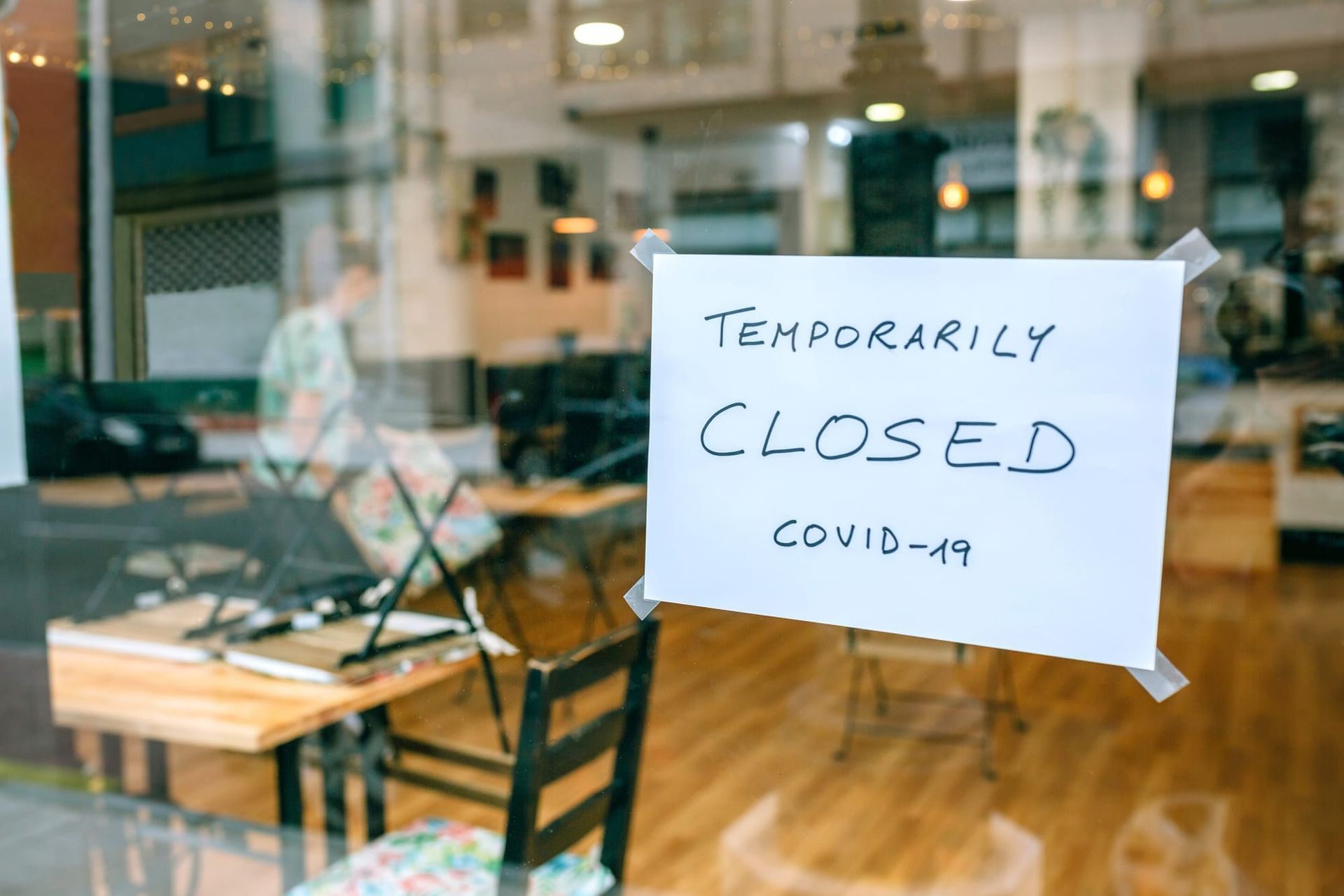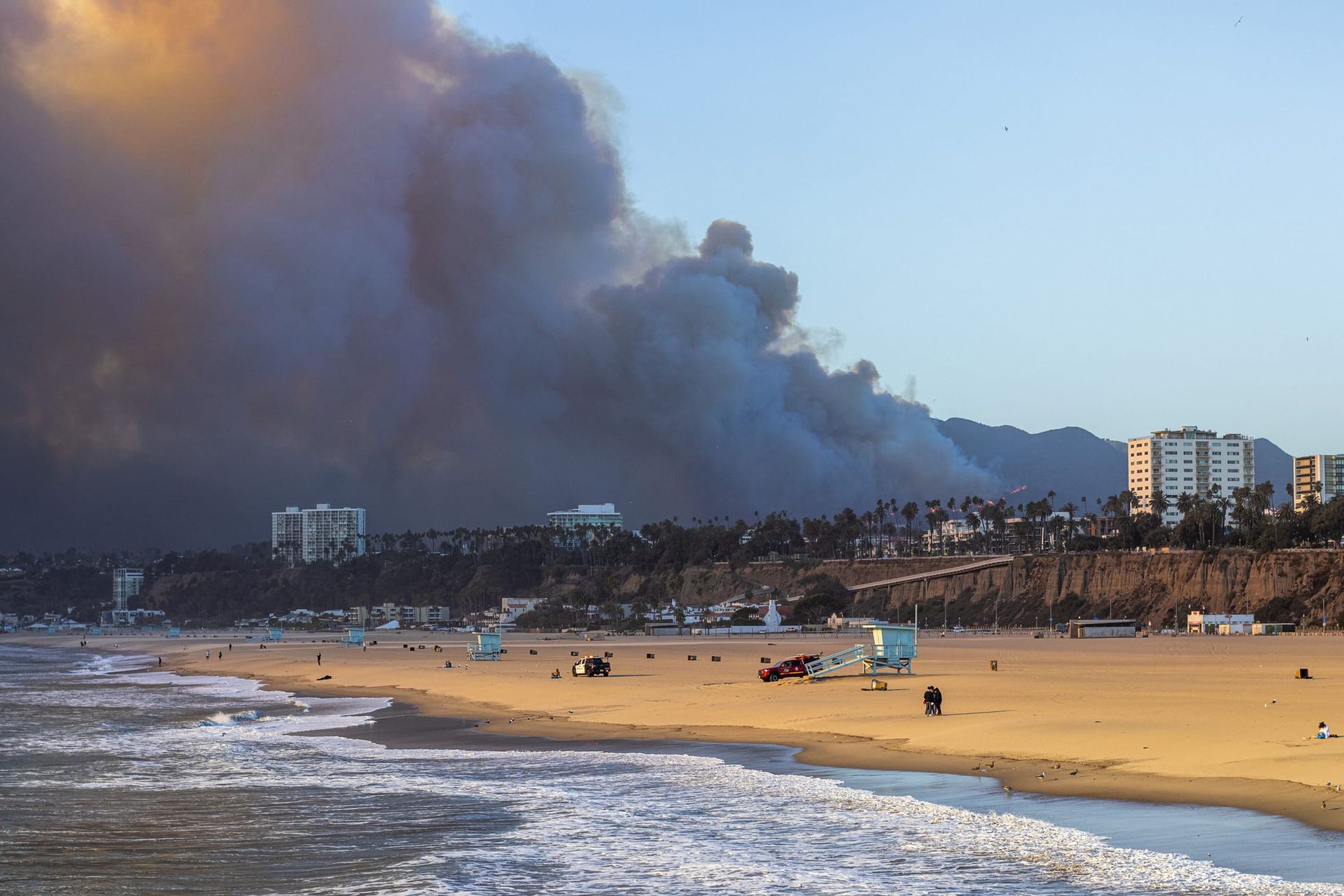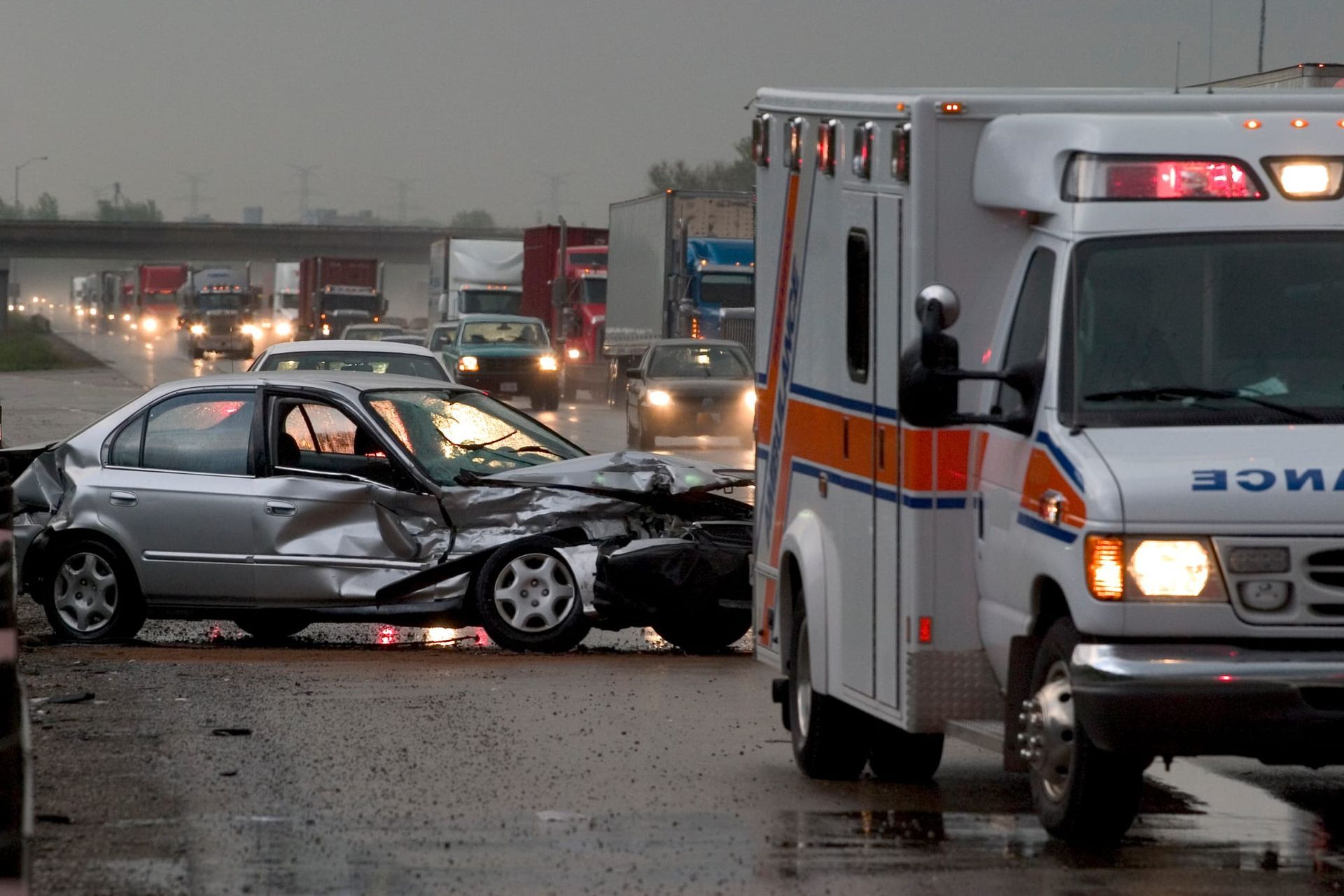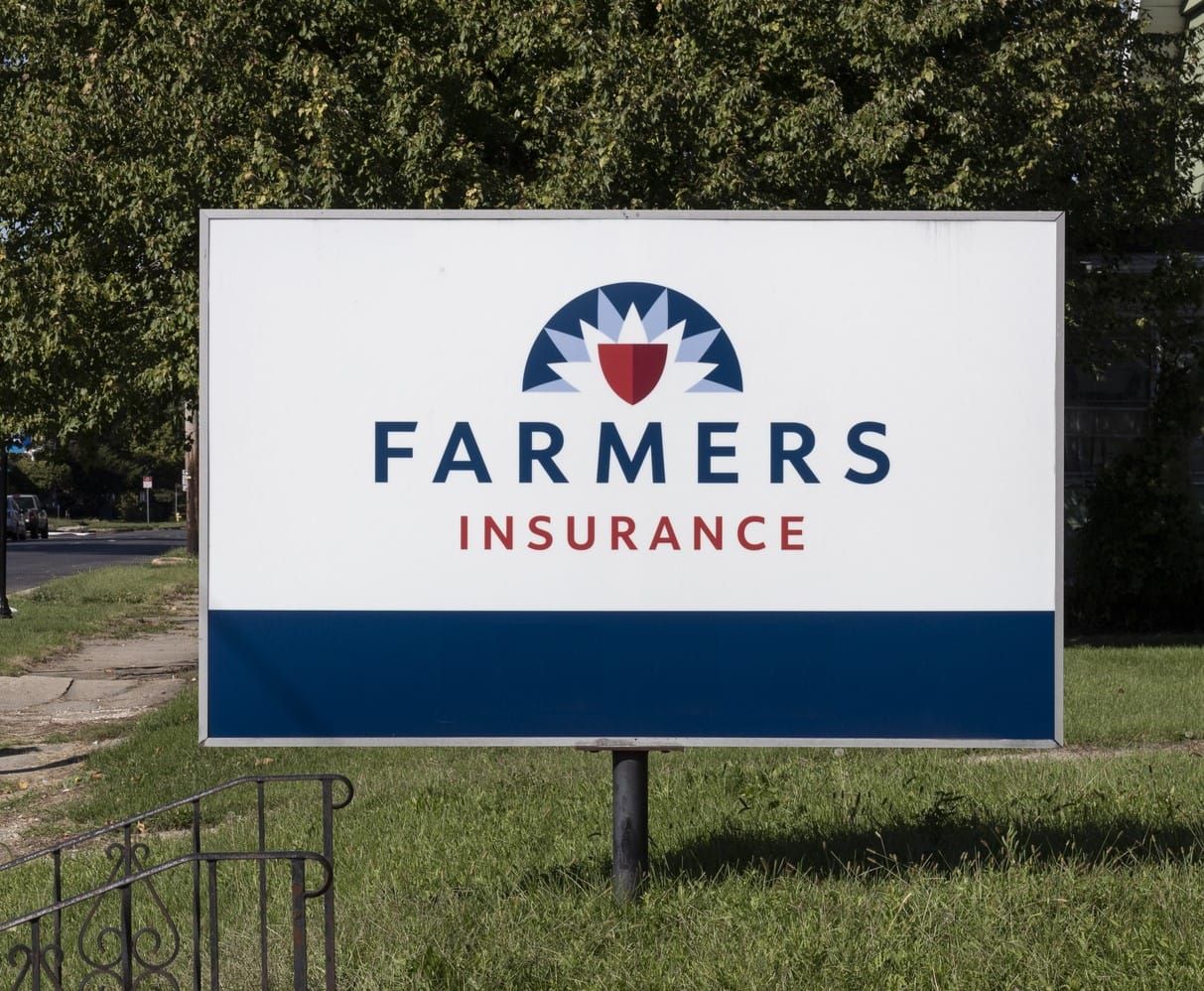Maybe the courts were actually serious about those Covid-19 insurance coverage cases?

Just over five years have passed since governments began issuing stay-at-home orders to attempt to curtail the spread of the COVID-19 virus. Those early days of quarantines and social distancing offered an interesting glimpse into human nature. There has been much written on how the world has changed since then, but rather than join that cacophony of commentary, here at Insurable Interest our focus will remain the same as it has been since March 2020: on insurance coverage and stockpiling toilet paper.
The abrupt shut down of businesses in 2020 spawned numerous insurance claims for financial losses under commercial property insurance policies. Two recent cases demonstrate how the long-term impact of those lawsuits is now starting to emerge.
Before discussing the legacy of COVID-19 insurance coverage litigation, let's start with some statistics that demonstrate just how thoroughly the insurance industry was able to turn back claims for coverage related to COVID-19. Penn Law School's COVID Coverage Litigation Tool ("CCLT") is the indispensable resource for data regarding COVID-19 insurance lawsuits from around the country. According to CCLT data, in 971 federal and state court cases where a motion to dismiss was filed, the court granted 900 of them. In other words, 93 percent of the time that an insurer immediately challenged a COVID-19 lawsuit, the court agreed to throw out the case without giving the insured the opportunity to conduct any discovery or present any evidence beyond the allegations in the complaint. CCLT has uncovered exactly one trial verdict in favor of the policyholder. Insurable Interest is prepared to call it: the official winners of the COVID-19 coverage litigation were defense lawyers with boat payments.
How was the insurance industry able to achieve such a resounding victory? In the technical legal sense, by convincing courts to dismiss lawsuits based on the argument that COVID-19 did not directly cause damage to insured property. In California and many other jurisdictions, to trigger insurance coverage, an insured must prove its property sustained a "direct physical loss or damage".
In insurance cases before 2020, the mere allegation that property had been damaged would have been sufficient to allow the plaintiff to get past a motion to dismiss and into the discovery stage of the litigation. Not so in COVID-19 cases, where judges were routinely making determinations at the initial stage of the lawsuits, before any evidence had been presented, that COVID-19 could not damage property as a matter of law.
It is not clear what caused courts to be so willing to make these types of factual determinations at the pleading stage of the cases, before any actual evidence had been presented. On one hand, it is a scientific fact that everyone who learned of the existence of COVID-19 was instantly transformed into an expert on virology and epidemiology. Surely this same mentality empowered some judges to opine on a virus's capacity to inflict damage to property without hearing testimony from so-called "experts".
But that explanation does not satisfactorily account for the near universal reaction of judges across the country to immediately dismiss most of these cases. The decision to eschew normally liberal pleading standards, which would have ordinarily permitted mere allegations of property damage to allow insureds to get to the discovery phase of the lawsuits, was particularly surprising given the case law precedents that the mere presence of substances such as e coli bacteria , gasoline vapors , smoke , ammonia , and carbon monoxide could cause property damage. There was also the practical consideration that in response to the SARS virus outbreak in the early 2000s, the industry responded by adopting virus exclusions that precluded coverage for losses "resulting from any virus, bacterium or other microorganism". As insureds pointed out, not unreasonably, when trying to fight motions to dismiss: Why would such virus exclusions be necessary if the mere presence of viruses could never trigger coverage under the policies in the first place?
Something was going on here beyond mere technical legal arguments. Watching the cases unfold in real time, Insurable Interest came to the conclusion that the judiciary decided it was going to sit this one out, allowing the political process to decide how to handle the financial devastation inflicted by the virus and the reaction to it. That political process effectively socialized the losses, with trillions of dollars of taxpayer money widely distributed to those who really needed it , and those who very much didn't.
But when presented with a lawsuit, the courts cannot just lock down and send everyone home, declining to decide the case before it. Even though they clearly did not want to, the courts had to actually make rulings that somehow reconciled their past decisions, which almost certainly would have allowed these cases to survive a motion to dismiss, and their desire to quarantine the judiciary from involving itself in the type of policy-making processes that distributed billions of dollars to places like farms in the middle of Miami , a single gas station in Houston that purported to operate 150 different business, and this couple , who abandoned their children to flee to Montenegro when the FBI questioned their use of millions in pandemic relief loans.
In California, that judicial process culminated in the state Supreme Court's 2024 decision of Another Planet Entertainment, LLC v. Vigilant Ins. Co . 15 Cal.5th 1106, 1117 (2024) , where the court held that there mere allegation of “the actual or potential presence of COVID-19 on an insured’s premises does not, without more, establish direct physical loss or damage to property within the meaning of a commercial property insurance policy.” Calling it the first time it had been asked to decide the question, the Supreme Court held that "physical loss or damage" required "a distinct, demonstrable, physical alteration to property." The court said the physical alteration "need not be visible to the naked eye, nor must it be structural, but it must result in some injury or impairment of the property as property." Another Planet Entertainment, LLC , 15 Cal.5th at 1117. The court held that, based on the allegations before it, COVID-19 did not cause such property damage as a matter of law.
It's worth noting that the Supreme Court's decision contained an important qualification: The court claimed it was not deciding that COVID-19 could never cause covered property damage. Instead, the court claimed to be bound to its result by the factual allegations contained in the insured's lawsuit before it. However, the court did not afford the insured an opportunity to amend its lawsuit to include new factual allegations, and the court then went on to render a highly fact-based decision based on the purported characteristics of the COVID-19 virus without any predicate evidentiary record developed in the trial court. Nevertheless, the language employed by the decision at least opened the door to the possibility that the reasoning of the COVID-19 decisions would not spread to future cases.
But it is not clear that is happening. For example, in the recent case of Gharibian v. Wawanesa Gen. Ins. Co. , 108 Cal.App.5th 730 (2025), a California appellate court upheld the denial of a claim for insurance coverage for damage to the insured's home allegedly caused by falling debris from a nearby wildfire. The court, citing Another Planet exclusively and at length, held that the ash from the wildfire "did not alter the property itself in a lasting and persistent manner" and was "easily cleaned or removed from the property". Therefore, no coverage existed under the homeowner's insurance policy for the costs associated with cleaning up the fire ash and debris. In reaching this conclusion, the Gharibian court expressly said that nothing in the analysis or conclusion of Another Planet suggested that it was limited to claims related to COVID-19. (Numerous motions to depublish Gharibian were pending at the time of this newsletter.)
By contrast, in Bottega, LLC v. National Surety Corporation - Chicago, IL , 2025 WL 71989 (N.D. Cal. 2025), an insured restaurant made similar claims for property damage insurance coverage after its property was impacted by smoke and ash from a wildfire. In that case, the federal court judge rejected the insurer's arguments that the COVID-19 insurance coverage cases established a precedent applicable to wildfire cases, saying a virus "is more like dust and debris that can be removed through cleaning" whereas "smoke is more like asbestos and gases that physically alter property". The judge in Bottega allowed the insured to try to prove to a jury that the property had been damaged in a way that triggered insurance coverage.
Both Gharibian and Bottega make clear that in the post-COVID era, insureds will need to be prepared to present evidence to demonstrate a degree of physical alteration of their property, even if the claims have nothing to do with viruses.
And as for the insurance industry, it is now clear the victory of the COVID cases may extend well beyond pandemic-related claims. But one word on virus claims: missing SARS was one thing, but any carrier that really does not intend to cover virus-related losses and still does not manage to include a virus exclusion in its policies after COVID-19 needs to overhaul its underwriting department or perhaps pivot to selling pet wellness programs.
Endorsements
- Increased tariffs might increase car insurance rates. (Wall Street Journal)
- Proposed legislation in the wake of the LA fires would cap fees public adjusters can charge and "eliminate the list" for wildfire survivors, requiring them to pay 100 percent of coverage for personal property claims without a detailed inventory. The New York Times is taking a victory lap for the name of that proposed bill.
- Another proposed bill would have two state legislators join the governing committee of the FAIR Plan, which is running out of money. (CalMatters)
- As his plan to stabilize the insurance market is tested by recent wildfires, Insurance Commissioner Ricardo Lara's ties to the insurance industry are being questioned. (CalMatters/LA Times)
Model the Risk
Did COVID change us, or just our metaphors? According to the San Francisco Chronicle, people have recently started hoarding European wines " like its toilet paper in early COVID ".
Get in Touch
Send coverage cases of interest, news, questions, comments, and your carefully researched beliefs on the efficacy of masks and COVID-19 vaccines to: nathan@winegarlegal.com
Do not take legal advice from this or any other newsletter.
Insurable Interest Vol. 5. | © 2025 Winegar Legal P.C.




